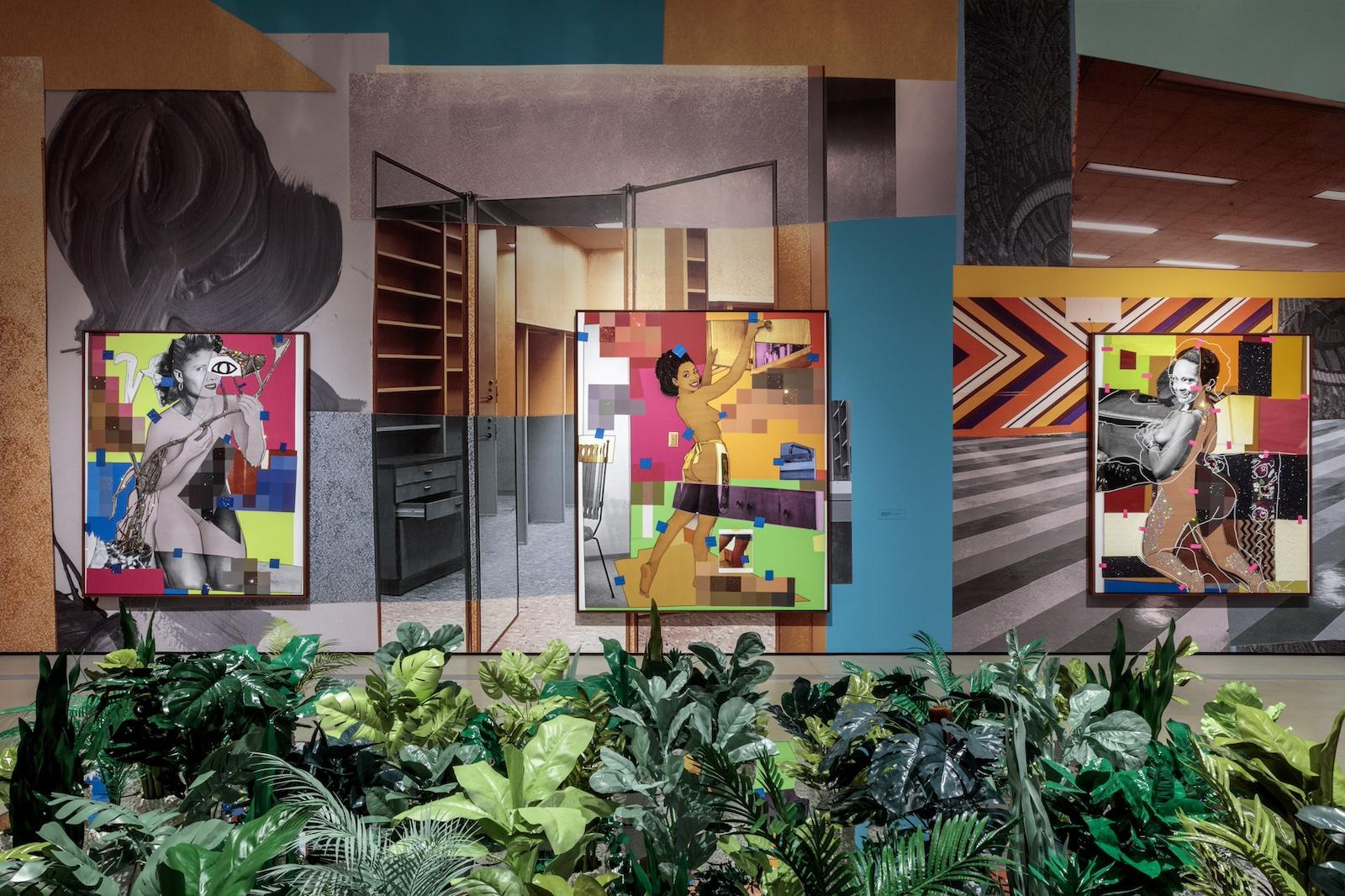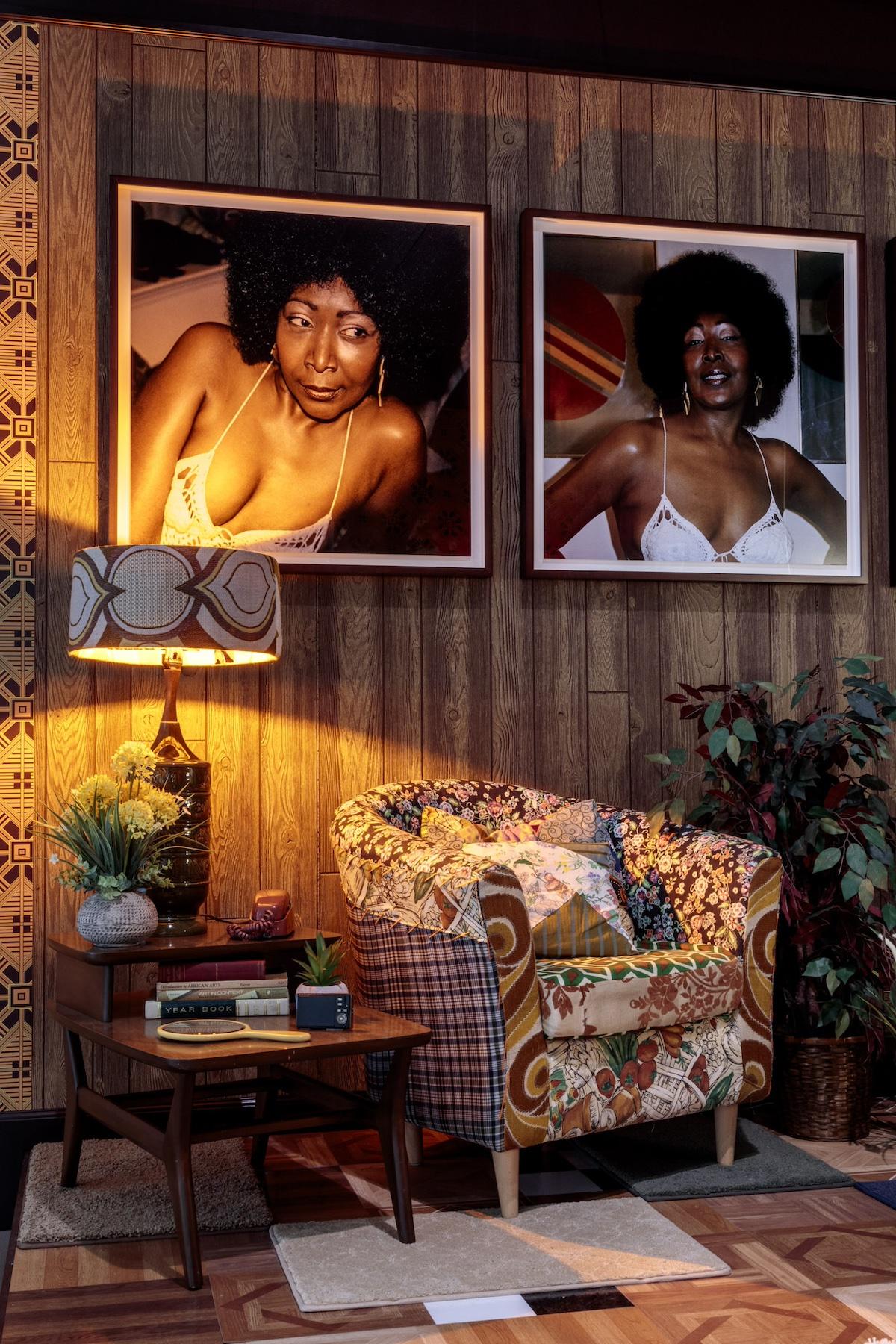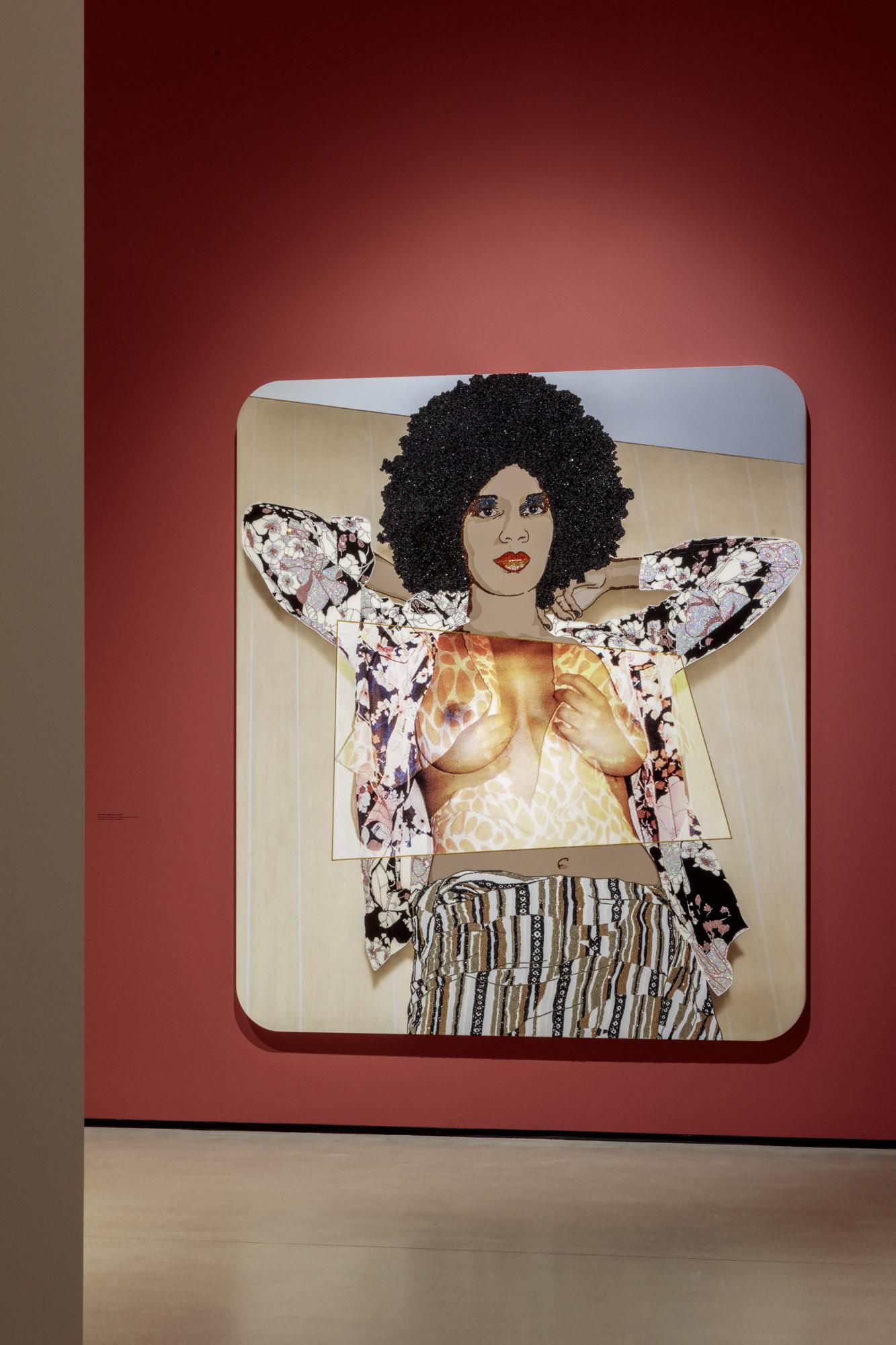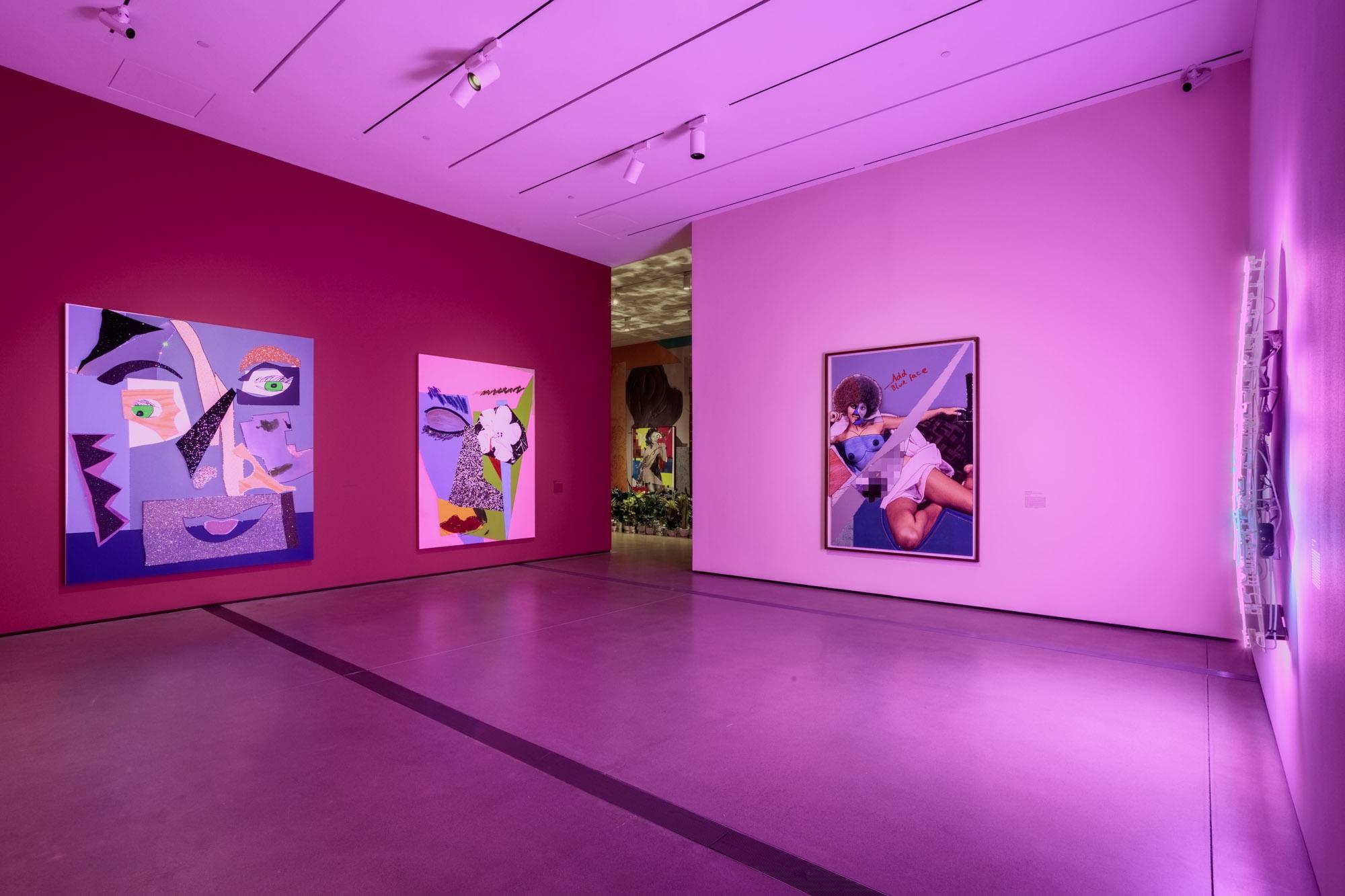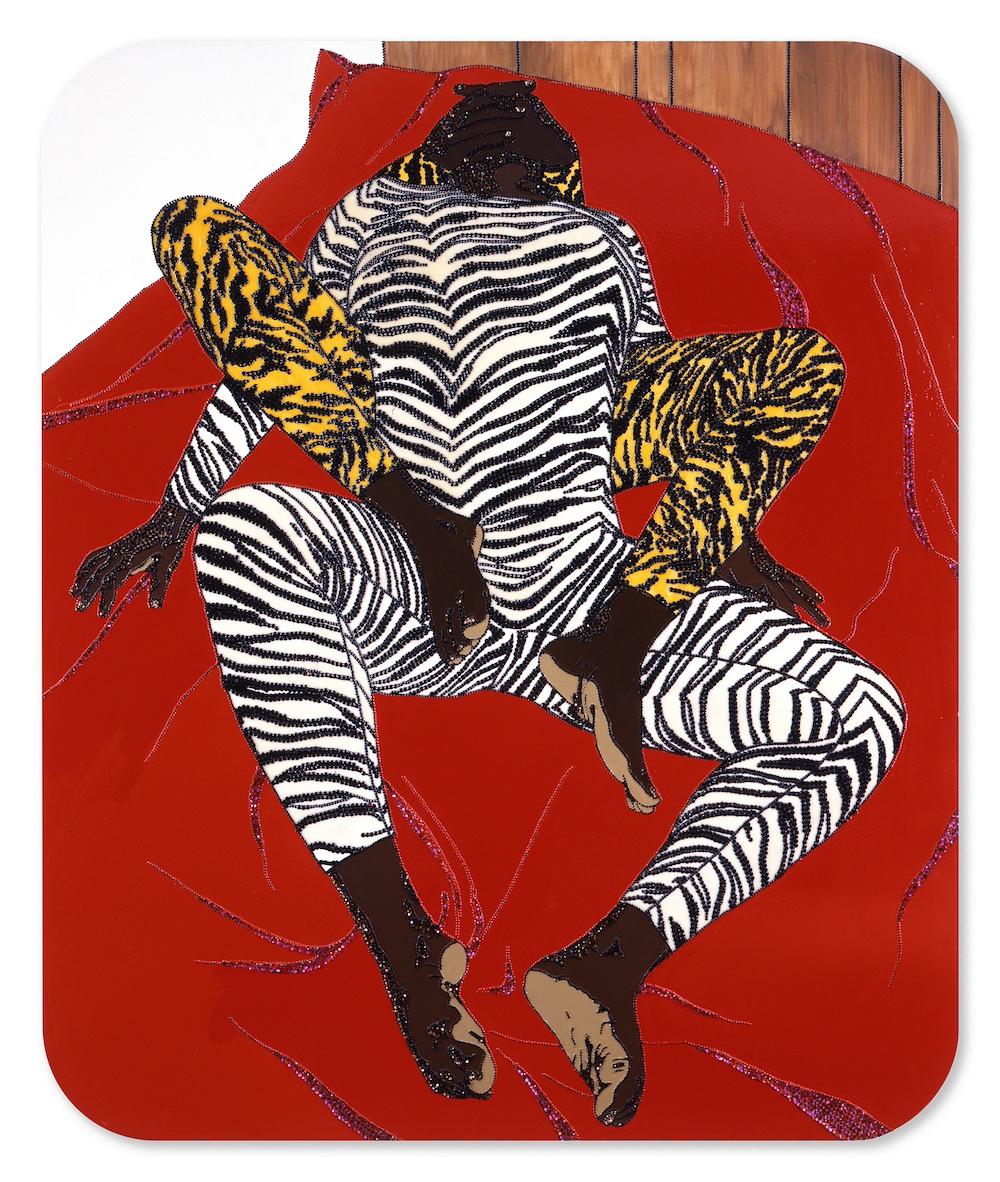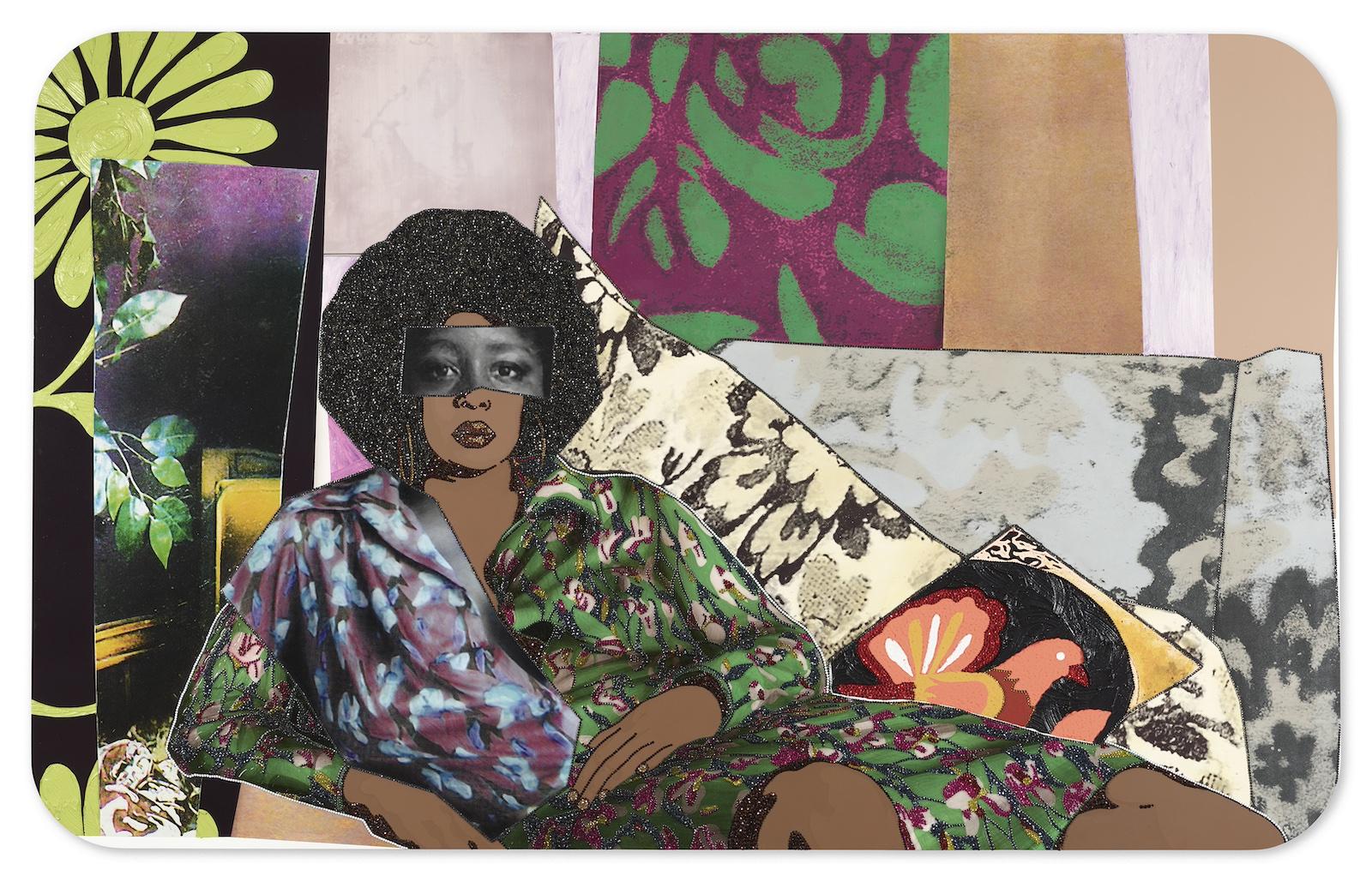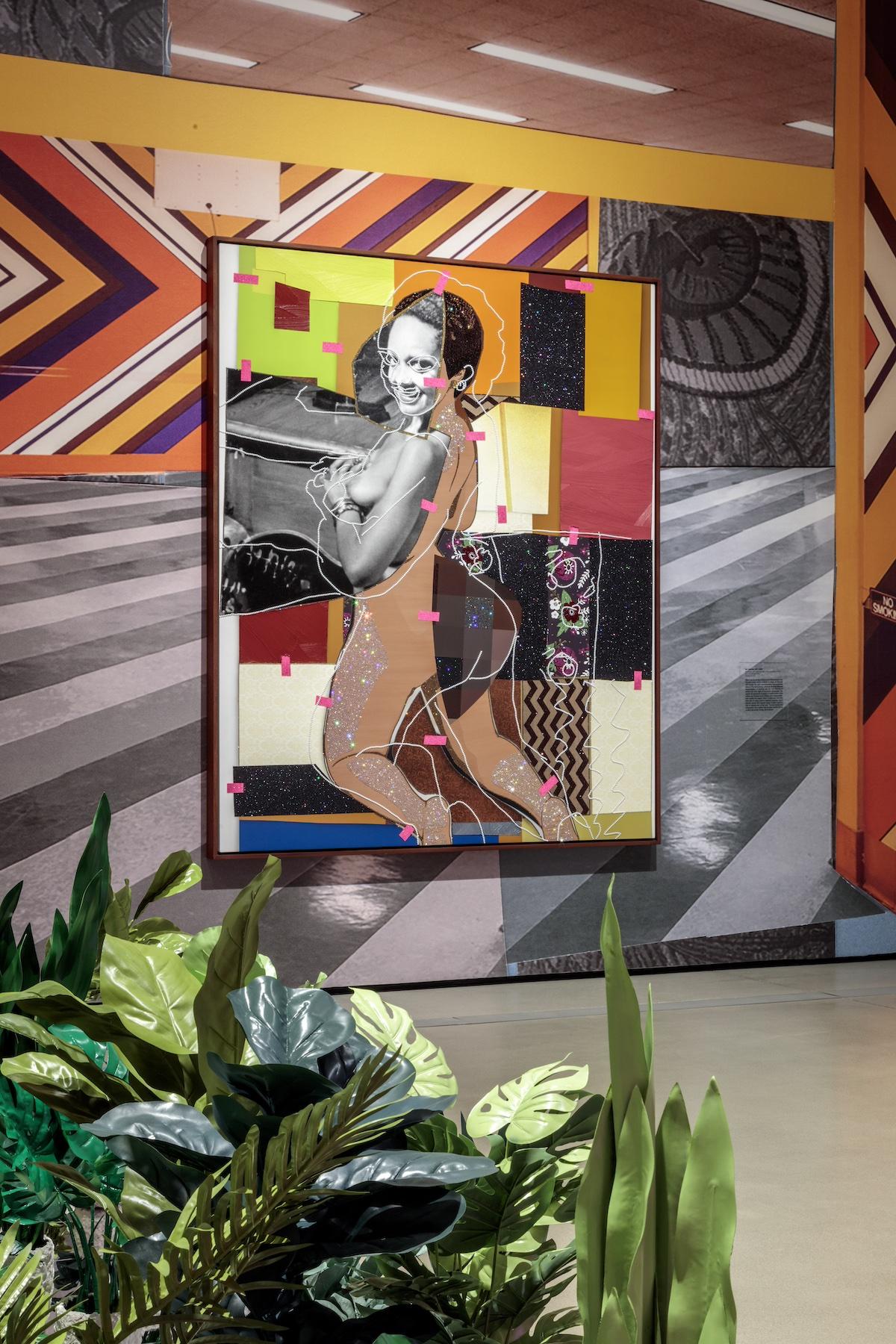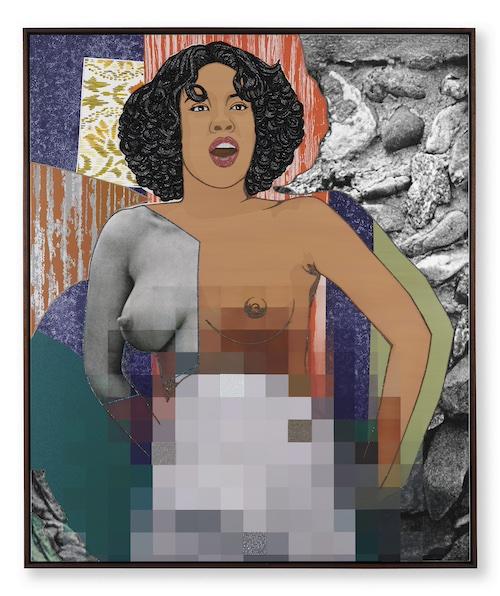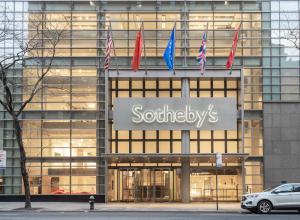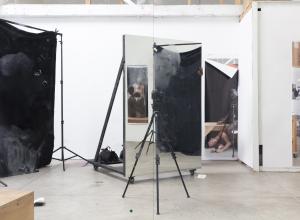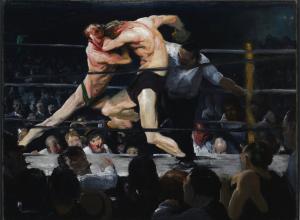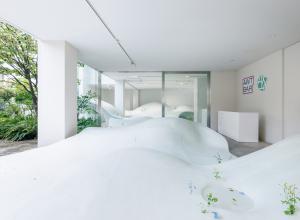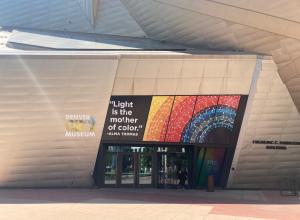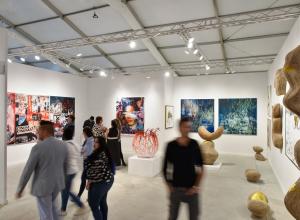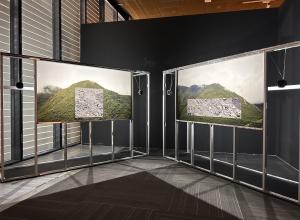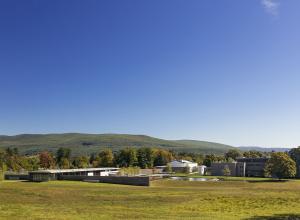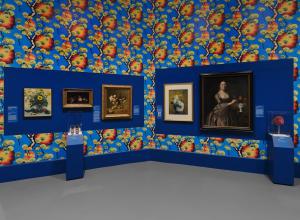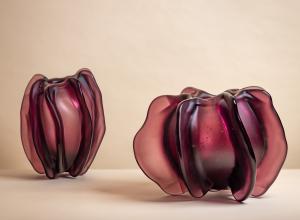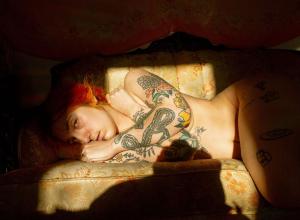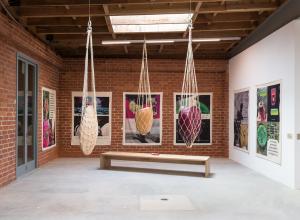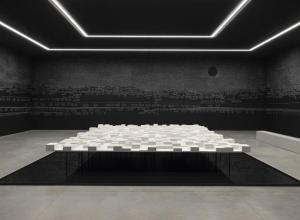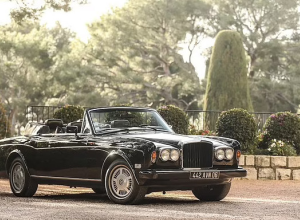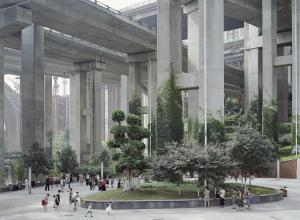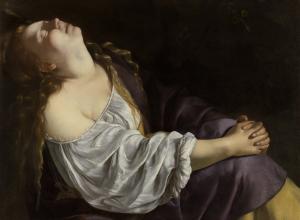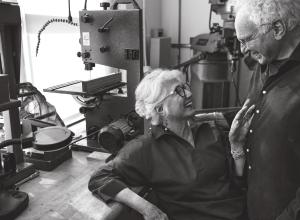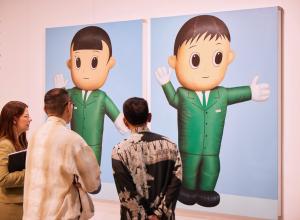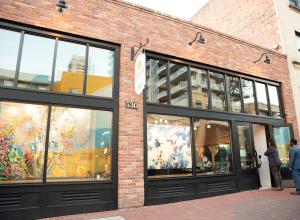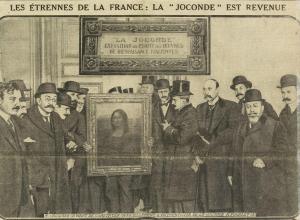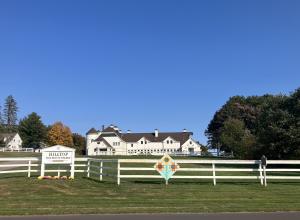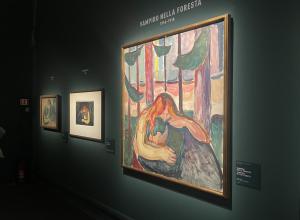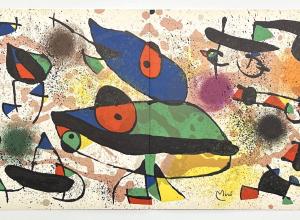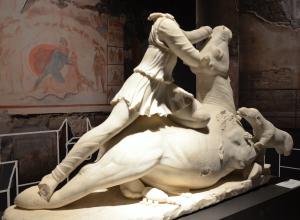“I was just pushed onto a path through the vehicle of her work, and uplifted and pushed out and transformed to flower and blossom. That is the testament and power of images. And that's why it's important for narratives and stories, and for us to see ourselves and art and work on these platforms. You never know whose life you might change. For me, that is someone who has embodied the fullness and greatness of themselves and spiritually understands the shoes that they're walking in, the shoulders that they're standing on, and pushing through that.”
Switching her focus to art, Thomas received her BFA from Pratt Institute in 2000 and her MFA from Yale School of Art in 2002. With encouragement from Kehinde Wiley, she then applied for and was accepted by a residency program at the Studio Museum in Harlem.
In bell hooks’ 1981 book, Ain’t I Woman, she writes, “Devaluation of black womanhood after slavery ended was a conscious, deliberate effort on the part of whites to sabotage mounting black female self-confidence and self-respect.”
Thomas’ artwork in this period addresses this sentiment head on, creating photo portraits of her friends, lovers and models, including her mother, Sandra “Mama” Bush, a former model. Often the photos are recycled as templates for later paintings or collages using cutouts and rhinestones.




